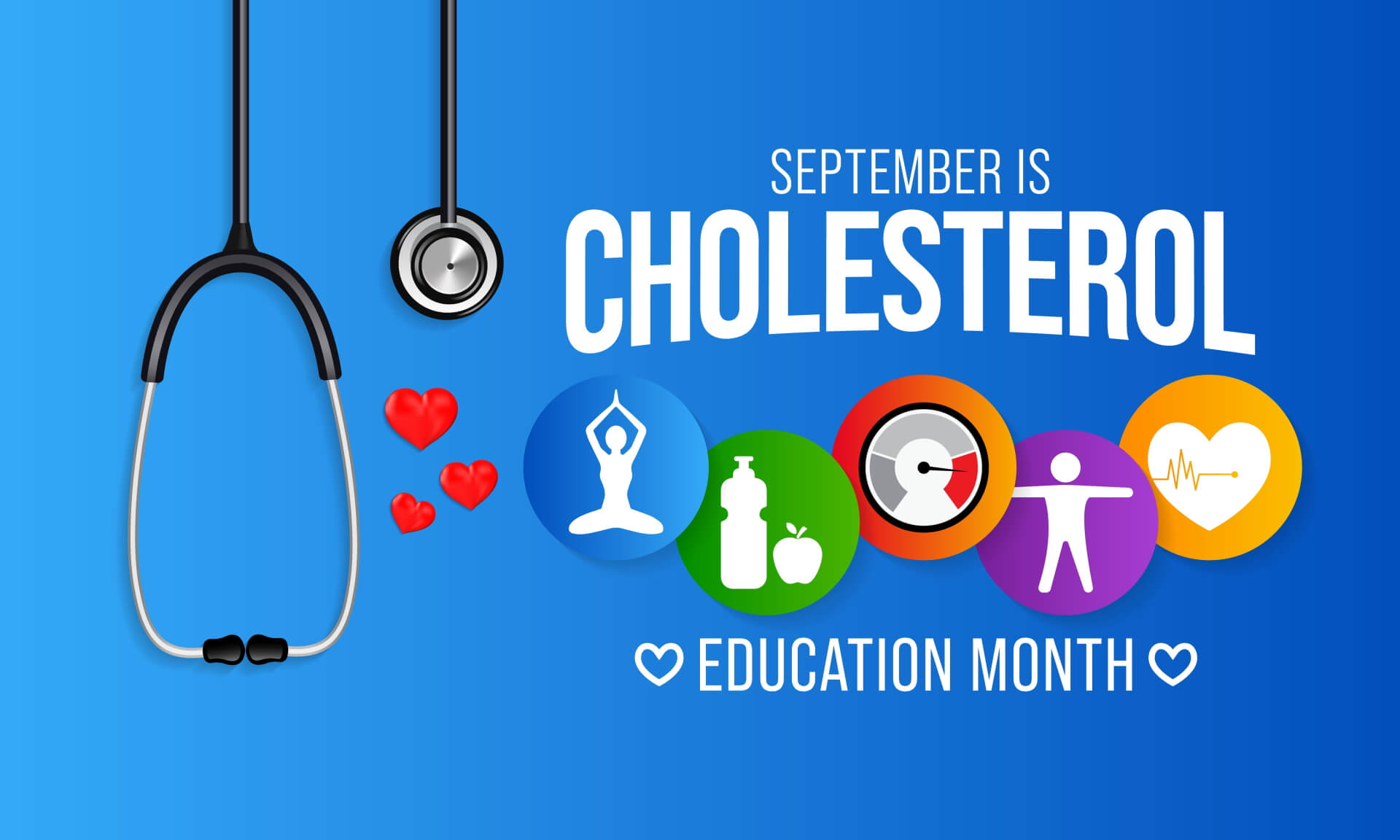Debunking the Cholesterol Myth: Separating Fact from Fiction

Cholesterol has long been a subject of discussion, with its reputation taking various turns over the years. Once labeled as a villain responsible for heart disease, cholesterol is now seen in a more nuanced light. In this blog, we'll delve into the cholesterol myth and uncover the truth behind this essential molecule.
The Cholesterol Basics:
Cholesterol is a type of lipid, or fat, that is found in every cell of the human body. It plays a crucial role in various bodily functions, such as building cell membranes, producing hormones (including sex hormones and cortisol), and aiding in the digestion of fats. It is so important that our bodies can produce their own cholesterol, primarily in the liver, to ensure that we have enough for these vital functions. Additionally, cholesterol is obtained from dietary sources, such as animal products like meat, eggs, and dairy.
The Cholesterol Myth:
For decades, cholesterol was considered the main culprit behind heart disease. The "lipid hypothesis" proposed that high cholesterol levels, particularly low-density lipoprotein cholesterol (LDL-C), were directly linked to the formation of arterial plaques, leading to heart attacks and strokes. This notion gave rise to widespread dietary recommendations to reduce cholesterol intake and consumption of high-cholesterol foods.
Facts Over Fiction:
However, as scientific research progressed, it became evident that the cholesterol myth was an oversimplification of a complex issue. Here's what the current body of evidence tells us:
Cholesterol is Essential: Cholesterol is vital for the proper functioning of the body. It's a structural component of cell membranes and is the precursor for several important molecules.
Not All Cholesterol is Bad: Cholesterol travels through the bloodstream in lipoproteins, which come in different types. LDL (low-density lipoprotein) is often referred to as "bad" cholesterol because high levels can contribute to plaque buildup in arteries. On the other hand, HDL (high-density lipoprotein) is known as "good" cholesterol as it helps remove excess cholesterol from the bloodstream.
Dietary Cholesterol Isn't the Main Culprit: While reducing dietary cholesterol intake can have a modest effect on blood cholesterol levels for some individuals, the impact is often less significant than previously believed. The body's own production of cholesterol plays a more substantial role in determining cholesterol levels.
Inflammation and Lifestyle Matter: Emerging research suggests that inflammation and oxidative stress are significant contributors to heart disease. Lifestyle factors such as a poor diet, lack of exercise, smoking, and high-stress levels can lead to inflammation, which interacts with cholesterol to contribute to arterial plaque formation.
Individual Variation: Genetics play a substantial role in how our bodies metabolize cholesterol. Some people are more sensitive to dietary cholesterol intake than others, and genetics also influence how different cholesterol levels affect heart health.
Focus on Overall Diet: Instead of fixating solely on cholesterol, a balanced and heart-healthy diet is more important. This includes consuming unsaturated fats, whole grains, fruits, vegetables, and lean proteins, and limiting processed foods, sugary beverages, and excessive saturated and trans fats.
Conclusion:
The cholesterol myth, while having some basis in reality, has been largely debunked by modern research. Cholesterol is a multifaceted molecule with essential functions in the body. The focus should shift from demonizing cholesterol to adopting a holistic approach to heart health, which includes maintaining a healthy lifestyle, managing inflammation, and addressing individual genetic factors. As our understanding of cholesterol continues to evolve, it's crucial to base our decisions on the most up-to-date and accurate scientific information available. Always consult with healthcare professionals before making significant dietary or lifestyle changes.
References:
https://www.cdc.gov/cholesterol/myths_facts.htm.
-AW2

.png)
Awesome topic and great detail. Everyone needs to know this!
ReplyDelete